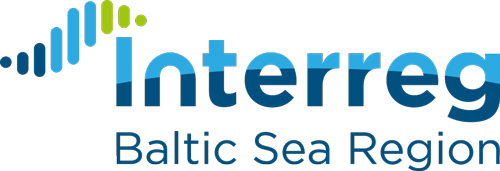Port CDM Hypotheses
Increase situational awareness (inside the port)
Port call monitoring will lead to increase situational awareness inside the port
Port call monitoring will lead to increase safety in port areas
Enhance coordination of berth to berth sea transport
Port call synchronization will lead to increase just in time operations in ports
Port call synchronization will lead to a more predictable planning for all actors involved in port call operations
Optimize operational procedures (inside the port)
Port call optimization will lead to optimize nautical services operational procedures within a port call
Port call optimization will lead to reduce workload of nautical services operational tasks during a port call
Port call optimization will lead to an optimized utilization of the available resources during a port call
Reduce administrative burden (for port stakeholders)
The availability of digital real-time information will lead to simplify current procedures of different stakeholders concerning internal management tasks
The availability of digital real-time information will lead to reduce administrative burden of nautical services internal management tasks
Reduce the environmental impact of shipping (in ports)
Port call optimization will lead to the reduction of turnaround time of ships during port calls
Port call optimization will lead to a reduction in total average fuel consumption of ships during port calls
Port call optimization will lead to a reduction in total average of GHG emissions of ships during port calls






